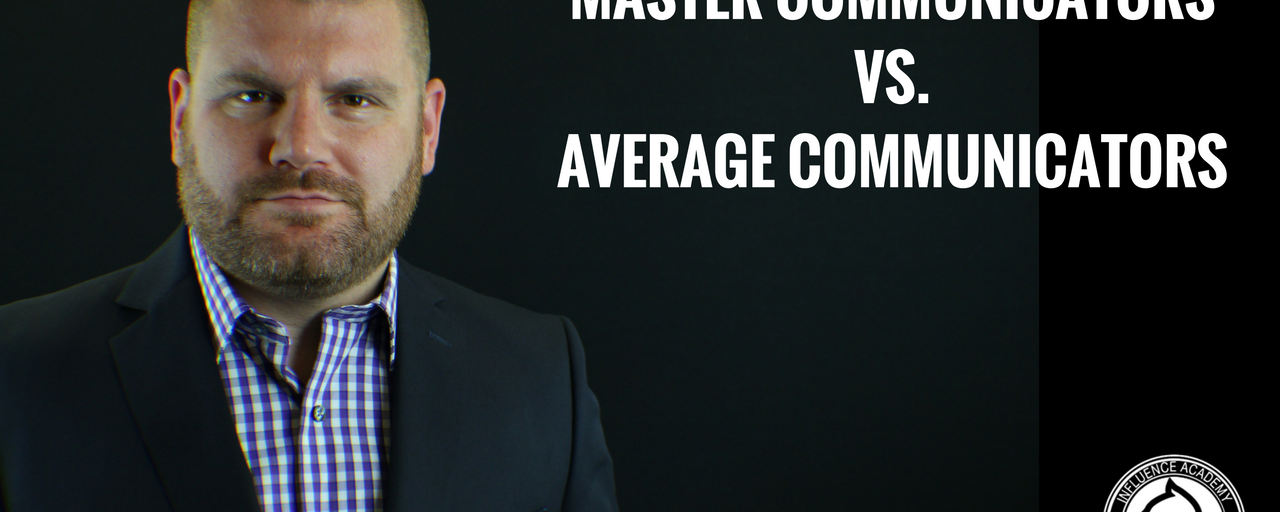When it comes to being truly influential in a positive way, you need two things: Awareness & Strategy.
So many people are completely unaware of what they take in and what they put out into the world.
As a result they wind up focusing on things like problems, controversy, tragedy and all kinds of negativity.
When you feed all this garbage to your mind, your mind has no choice but to regurgitate it back into the world. And that's where your ability to become a truly influential person ends.
Realize that people don't care about you. They care about themselves.
Self preservation is our number one goal.
Therefore, people will not allow themselves to be influenced by you unless you can either solve a problem or provide some form of pleasure.
Focusing on problems and negatively doesn't solve any problems or make people feel better.
It actually makes them feel worse and repels them.
Instead try focusing on positive things and providing solutions for others.
This is how powerful, positive influence is engineered.



